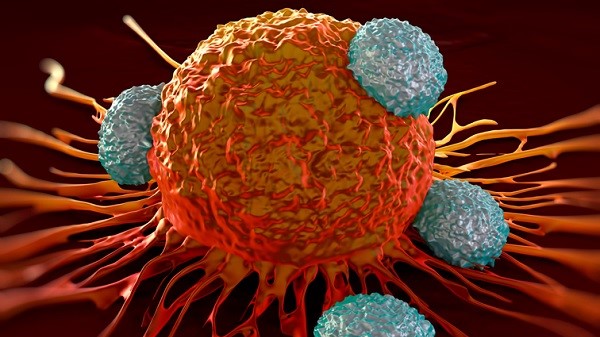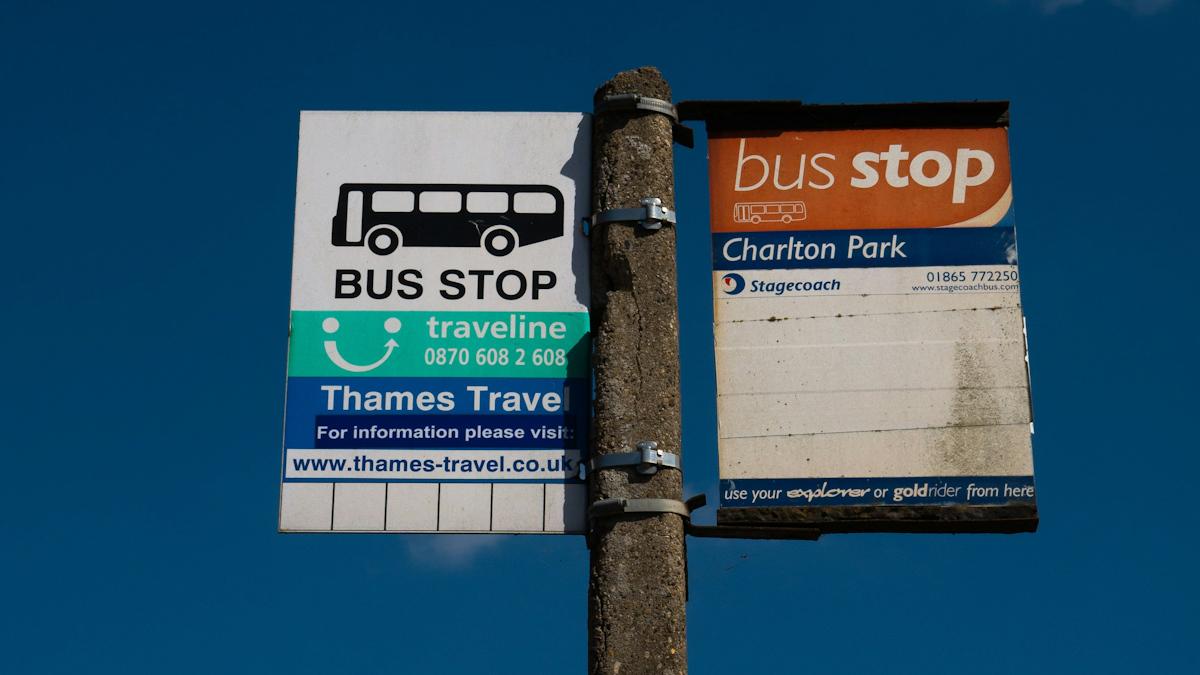Many patients still denied cancer drugs in UK, survey finds

The Institute for Cancer Research has called for action to improve access to innovative cancer treatments after a new survey found that many UK patients are being denied drugs and see the pharma industry as being largely to blame.
The Institute’s survey found that as many as 16% of cancer patients have been denied a drug recommended by their doctor or experienced delays in receiving it, and nearly half of those who have tried to enrol in clinical trials of new treatments have been unable to do so.
Many patients also said they had major concerns about the role of pharmaceutical companies, with only 12% believing they are doing well at delivering new medicines.
Cancer patients overwhelmingly believe that the high prices charged by pharmaceutical companies are the biggest barrier to gaining access to new cancer drugs – with 70% saying they thought the prices charged by companies were ‘much too high’.
Meanwhile, some 40% of cancer patients surveyed said they supported the role NICE plays in determining which drugs are suitable for NHS use – compared with 29% who did not. But only 16% of patients agreed that NICE was carrying out its role well, with 35% disagreeing.
To accompany the survey the Institute also released a new manifesto, which lays out ten action points that could help speed up access, among them:
- NICE should prioritise genuinely innovative cancer treatments that attack cancer in brand new ways to help overcome drug resistance.
- Radical action is needed to bring down the extremely high prices of modern cancer drugs, such as tying prices to the benefits that treatments deliver, so that as many patients as possible can benefit from research advances.
- Drug regulators need to be more flexible in assessing evidence, so that innovative new treatments can reach patients as quickly as possible.
- Rival drug companies should be incentivised to trial their medicines together – so we can defeat cancer through combination treatment as we do with HIV.
- We must expand drug research and clinical trials for children, and be flexible on age limits for trials to avoid denying older children and young adults access to new treatments.
The new survey findings and recommendations follow the Institute for Cancer Research’s major report last year which analysed all 97 cancer drugs licensed for 177 indications through the European Medicines Agency between 2000 and 2016, to assess how successful the system is being at delivering new treatments for patients.
The report, From Patent to Patient, showed that NHS patients are waiting longer for new cancer drugs because of delays in taking them through clinical trials and licensing.











